Illustrative photo. (Photo: MINH PHUONG) |
This is one of the important solutions aimed at modernizing tax management, contributing to creating a transparent, healthy and fair business environment.
According to Decree No. 70/2025/ND-CP of the Government , from June 1, 2025, business households paying taxes by declaration method; households and individuals paying lump-sum tax with revenue of 1 billion VND/year or more, selling goods and providing services directly to consumers... are required to create electronic invoices generated from cash registers connected and transmitting data to tax authorities.
Effectiveness from the peak month of launch
Nationwide, about 37,500 business households must switch to using electronic invoices generated from cash registers and make tax declarations instead of the lump-sum tax method. Updated information from the Tax Department on the results of implementing electronic invoices generated from cash registers in 2025 shows that, as of June 20, the whole country has 73,700 business households and individuals registered to use electronic invoices generated from cash registers, of which 45,247 business households and individuals paying taxes according to the lump-sum tax method have registered to use it.
This result exceeded the planned target because some business households were not required to do so but met the requirements on information technology infrastructure, so they proactively registered with the tax authorities to implement it earlier, helping to reduce the cost of printing invoices and creating professionalism in business operations.
Comrade Mai Son, Deputy Director of the Tax Department, said: To implement Decree No. 70/2025/ND-CP, the tax sector has synchronously deployed many solutions. In particular, it focuses on two key tasks: propaganda, support for taxpayers and close coordination with suppliers to build electronic invoice software solutions (integrated with sales management software) that are optimal in terms of cost, simple in technology, suitable for the scale and level of business households.
After the peak month (June 2025), up to now, organizations providing electronic invoice services have responded and committed to join hands with the tax industry with many incentive programs such as: Free support for using insurance accounting sales software for 6 months for customers registering for the first time. Giving away electronic invoice packages. Free support for tax declaration consulting services, using software, electronic invoice services...
On that basis, individual business households have the basis to choose units providing electronic invoice solutions generated from cash registers suitable for their operational practices.
Proposal to double taxable revenue threshold
Although significant results have been achieved, many difficulties have arisen in the process of implementing electronic invoices for households and individual businesses, affecting the process of converting tax calculation methods and moving towards eliminating lump-sum tax.
First of all, it is the situation where businesses in some areas temporarily closed when the authorities stepped up inspection of goods of unknown origin and anti-counterfeiting right before June 1, 2025, causing public misunderstanding that the reason businesses closed was because the tax department deployed electronic invoices from cash registers.
In addition, the general mentality of many business households is still not ready to change from the method of paying lump-sum tax to declaring actual revenue because of the fear of being charged additional tax if the revenue recorded on invoices increases sharply. Some business households also do not fully understand the process of implementing electronic invoices and are concerned about the initial investment costs for equipment and software... This mentality leads to the phenomenon of some business households avoiding taxes by not accepting transfer payments, not making full invoices to evade revenue...
In addition, the fact that consumers do not have the habit of requesting invoices when purchasing goods and services is also a factor that affects the effectiveness of implementing electronic invoice solutions generated from cash registers.
From this reality, some consulting organizations and tax agents recommend that there should be more solutions to reduce compliance costs for taxpayers by increasing the taxable revenue threshold for business households and individuals. According to tax expert Dang Thi Binh An, the Law on Value Added Tax (amended) stipulates that from July 1, 2025, business households with revenue from 200 million VND/year must pay VAT (the old level is 100 million VND/year).
In the draft Law on Tax Administration (amended) submitted to the National Assembly for approval at the October 2025 session, the Ministry of Finance proposed to continue adjusting it to VND 400 million/year, but this is still a low level because this is revenue before deducting expenses. Therefore, it is necessary to consider an appropriate taxable revenue threshold to encourage business households to convert to enterprises and avoid the situation where the newly amended law is outdated with reality.
Responding to questions from National Assembly deputies at the 9th session of the 15th National Assembly, Minister of Finance Nguyen Van Thang affirmed that there have been no changes in tax policy that would increase pressure on taxpayers. In the process of implementing Decree No. 70/2025/ND-CP, the tax sector is still implementing solutions to propagate and support business households and individuals to create electronic invoices from cash registers, convert to tax declaration and has not applied sanctions.
Besides, tax policy is still on the path of adjustment towards reducing the burden on people and small businesses, ensuring correct and full collection and promoting business households to switch to enterprise models, contributing to promoting the development of the private economic sector.
Sharing about the above contents, Mr. Mai Son said that the tax authority plans to propose doubling the threshold of non-taxable revenue for business households; amending the personal income tax percentage based on revenue scale; and continuing to simplify tax administrative procedures. These proposals are compiled based on the contributions of experts, consulting associations, taxpayers... to remove difficulties for business households and individuals arising in the process of implementing electronic invoices.
Regarding the policy of eliminating lump-sum tax from 2026, the Tax Department is actively and urgently reviewing legal regulations to ensure that tax declaration and payment by business households is simple and convenient while still complying with legal regulations.
According to nhandan.vn
Source: https://huengaynay.vn/kinh-te/go-kho-cho-ho-kinh-doanh-su-dung-hoa-don-dien-tu-155249.html


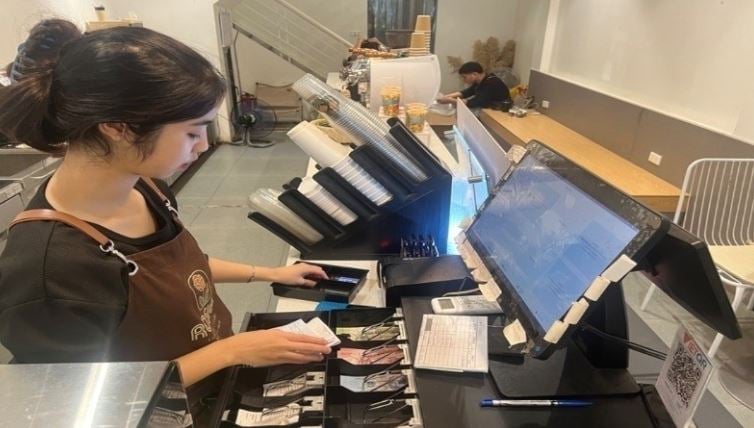
![[Photo] Ho Chi Minh City is brilliant with flags and flowers on the eve of the 1st Party Congress, term 2025-2030](https://vphoto.vietnam.vn/thumb/1200x675/vietnam/resource/IMAGE/2025/10/10/1760102923219_ndo_br_thiet-ke-chua-co-ten-43-png.webp)
![[Photo] General Secretary attends the parade to celebrate the 80th anniversary of the founding of the Korean Workers' Party](https://vphoto.vietnam.vn/thumb/1200x675/vietnam/resource/IMAGE/2025/10/11/1760150039564_vna-potal-tong-bi-thu-du-le-duyet-binh-ky-niem-80-nam-thanh-lap-dang-lao-dong-trieu-tien-8331994-jpg.webp)


![[Photo] Opening of the World Cultural Festival in Hanoi](https://vphoto.vietnam.vn/thumb/1200x675/vietnam/resource/IMAGE/2025/10/10/1760113426728_ndo_br_lehoi-khaimac-jpg.webp)







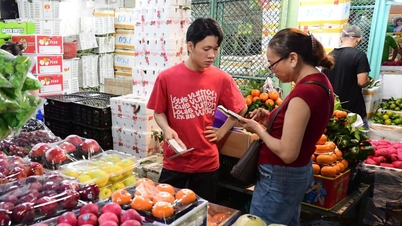


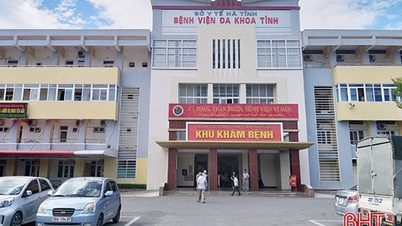

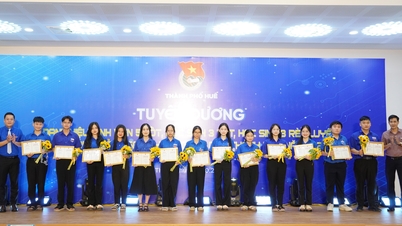


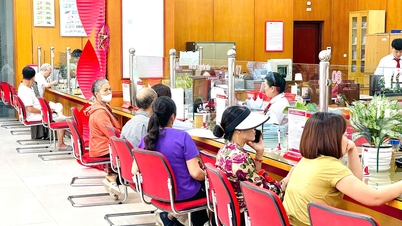





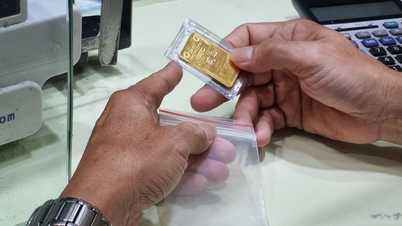





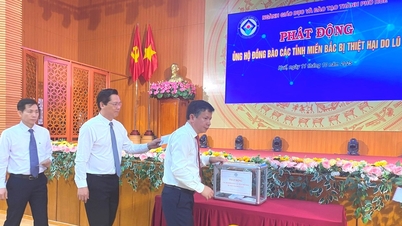
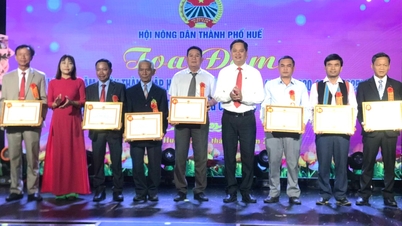

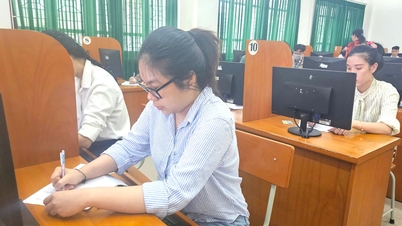

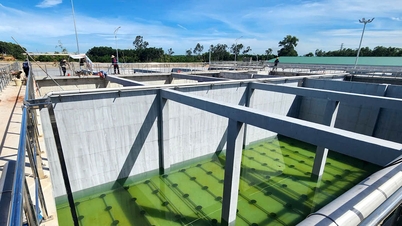


































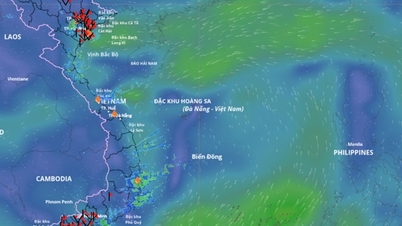













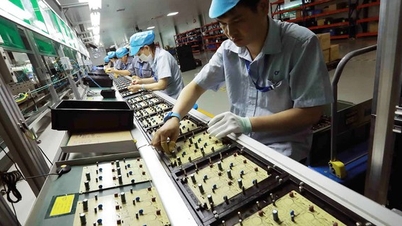





















Comment (0)